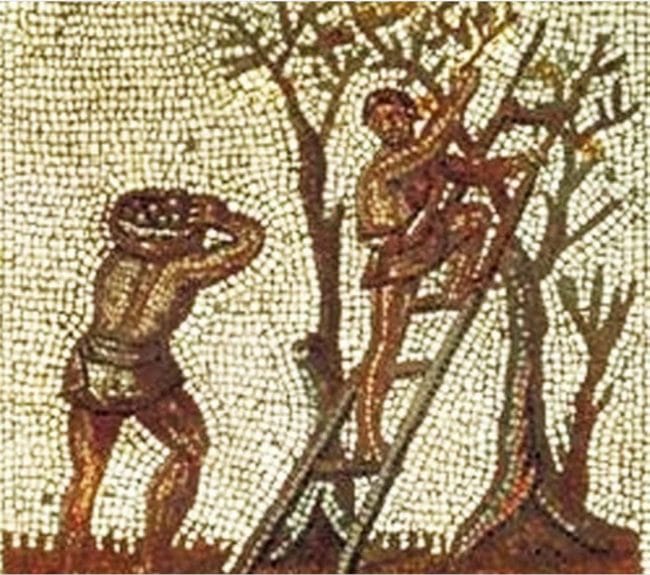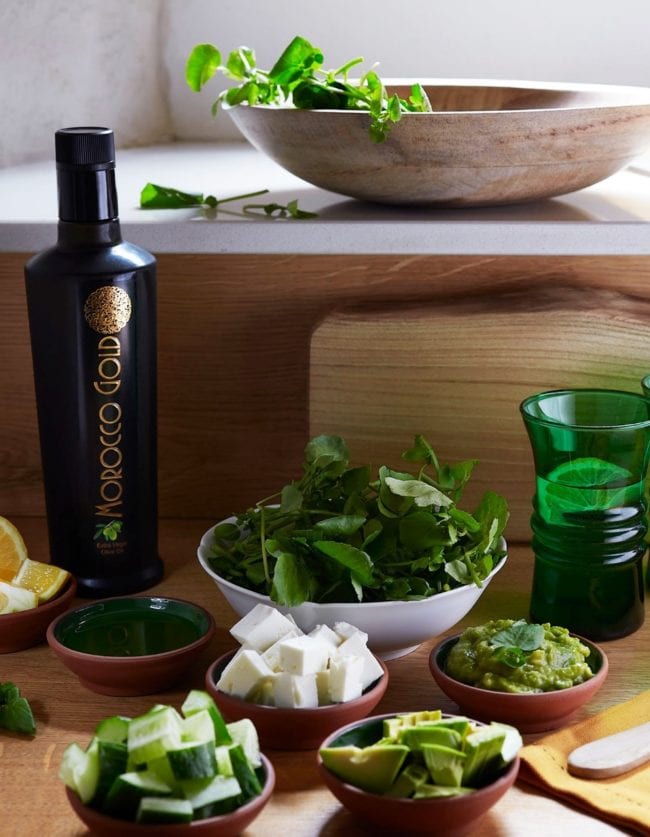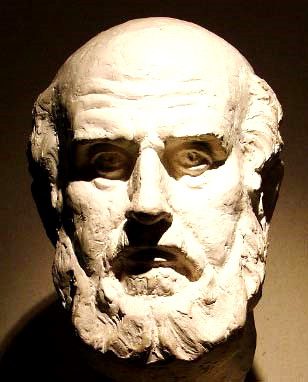How We Have Used Extra Virgin Olive Oil With Its Amazing Health Benefits For Centuries
Updated 3rd February 2023

SUMMARY
- Extra virgin olive oil has been used for centuries for its health benefits, also for as a beauty product for haircare and skin-care as well as for cooking
- Extra virgin olive oil is now one of the most widely used oils around the world.
- Extra virgin olive oil has truly stood the test of time
CONTENTS
- Extra Virgin Olive Oil Through The Ages
- Extra Virgin Olive Oil : A Secret Of The Ancients
- The History Of Extra Virgin Olive Oil For Cooking
- The History Of Olive Oil for Healing
- Why Buy Moroccan Extra Virgin Olive Oil?
Extra Virgin Olive Oil Through The Ages
Extra virgin olive oil has been used for centuries as a way to not just experience a delightful flavour in our foods but to also enjoy the bounty of amazing health benefits that it provides.
Ancient cultures recognized its medicinal importance – from being used to prevent heart disease, help reduce inflammation, and lower cholesterol levels – and many even relied on extra virgin olive oil for its beautifying properties, using it as a moisturizer and hair conditioner to keep their skin looking its best.
Truly, extra virgin olive oil has withstood the test of time when it comes to something that is so valuable for both our health and beauty needs.
Extra virgin olive oil has drawn admiration for many reasons. Not only is extra virgin olive oil praised for the rich taste it adds to every dish, but it also offers tremendous advantages for our health. It has been used as a magical remedy for centuries, from treating skin concerns like acne to harnessing its natural antioxidants to help prevent diseases like heart and cancer. Historically, extra virgin olive oil has been used for beauty and haircare purposes, ranging from makeup remover to scalp stimulation.
Extra Virgin Olive Oil (EVOO) is now one of the most widely used oils around the world. Whether sautéing vegetables or using it as a hair mask, extra virgin olive oil is packed with bountiful health benefits! Firstly, extra virgin olive oil contains powerful antioxidants and anti-inflammatory compounds that have anti-aging qualities and are good for the heart.
Additionally, extra virgin olive oil is still used in haircare, and skincare to moisturize and nourish the skin. People have been using extra virgin olive oil for centuries because it’s rich in minerals, vitamins, fatty acids and antioxidants that help protect against free radical damage, enhance cardiovascular health and even aid weight loss!
There can’t be many foods that have endured such world-wide constant popularity as Extra Virgin Olive Oil. Indeed, for many of us, it is hard to imagine a time when a bottle of the best olive oil you can afford was not a permanent feature in our kitchen stores.
The oil derived from the humble olive tree has been a vital source of nutrition and flavour in our diets for centuries, first discovered for use thousands of years ago in the classical era across several Mediterranean civilisations.
According to the World History Encyclopaedia, cultivation of the olive spread from Asia Minor to Iberia and quality olive oil became a great trading commodity right through to the Roman period and beyond.
Extra Virgin Olive Oil : A Secret Of The Ancients
The secret of extra virgin olive oil as a natural, effective moisturizer was known by the ancient Greeks and Romans. Soaps were not around in the times of the Roman Empire. Instead when Romans went to bathe they rubbed olive oil all over their bodies and then scraped it off with a strigil, carrying away all the dirt and grime with it and leaving the skin silky and moisturized.
In richer patrician households, olive oil was often scented like a perfume, which would leave behind a sweet smell after it was gone. Like now, they would even pour some olive oil into their private baths to relax in them, to soften their skin and relax with some good aromatherapy. They knew that this natural oil, all by itself, was all they needed to use to keep their skin looking young.
What they will not have known is that the chemical composition of extra virgin olive oil is very close to that of human skin. Because of this similarity, your skin may absorb extra virgin olive oil more easily than it would a commercial moisturizer.
As an important commodity, the Romans made many improvements in olive tree cultivation, olive oil extraction and olive oil storage. Olive oil was used for not only food and cooking, but also lighting, sacrificial offerings, ointment, and ceremonial anointment for priestly or royal office. They valued olive oil to such an extent that it was even accepted as payment for taxes.
The olive has also raised to prominence for its cultural associations as a branch of peace and as the victor’s crown in the ancient Olympic Games.
The History Of Extra Virgin Olive Oil For Cooking

Olive oil was used in both cooked and uncooked dishes throughout the history of the Mediterranean. Home referred to this wonderful product as ‘Liquid Gold’ and olive oil was a major part of the diet.
One of three ‘core food plants’ in the Mediterranean Diet, alongside wheat and grapes, extra virgin olive oil is a liquid fat commonly used in cooking. Olive oil, and in particular the high quality Extra Virgin Olive Oil has endured in popularity to become a food that is internationally popular today.
This is partly due to it having the highest percentage of monounsaturated fats which are healthy for the heart of any type of edible oil.
It has also proven itself over the centuries to be the most versatile of cooking ingredients, used widely across many countries as a dip, and based for salad dressing, to enhance flavours of food though roasting and even as a topping for ice cream!
Modern olive oil history point to the Renaissance, where Italy becomes the largest producer of olive oil in the world, renowned for its rich and flavourful oils that graced the tables of nobles and royalty throughout Europe.
The History Of Olive Oil for Healing
Another of its most famous ancient ambassadors, Hippocrates was the first known medical practitioner to use olive oil based ointments to treat wounds and traumas. This popularity progressed through the centuries and, by the middle ages, olive oil had become a frequent ‘go-to’ remedy for sore throats, cuts and bruises.
In Rome, olive oil was used for nearly everything in relation to their health. Roman medicine takes heavily from Greek doctors, who influenced European medicine for centuries, and Hippocrates, the father of modern medicine writes about over 60 different conditions or ailments that can be treated with olive oil, including skin problems, burns and wounds, ear infections, gynecological problems, healing surgical scars, and much more. As olive oil culture is embedded within the fabric of society many uses of olive oil are used as home remedies today.

“Let food be thy medicine and medicine be thy food”
Hippocrates
The Roman doctor Galen, who was born in Greece, was also credited with the invention of cold cream, using olive oil as his base for in instead of the modern day mineral oil. It has been in used for over a thousand years for soothing skin and relieving sunburns. Olive Oil Culture & Islam
The olive tree and olive oil are mentioned seven times in the Quran, and the olive is praised as a precious fruit. Olive trees and olive-oil health benefits have been propounded in Prophetic medicine. The Prophet is reported to have said: “Take olive oil and massage with it – it is a blessed tree” Olive Oil As A Cure.
Early Middle Eastern civilisations relied on Olive Oil to cure everything. To this day, many in the region drink olive oil daily to keep the body running efficiently. Warm olive oil is commonly used in the west to soothe earache.
Currently, extra virgin olive oil continues to grow in popularity as an important ingredient in everyday cuisines. Consumption is still predominantly in Mediterranean countries with a long tradition of olive oil culture, however as more countries are becoming health conscious, olive oil is re-asserting itself as the original super-food, thanks to its proven health benefits and nutritional properties. As a result of its ongoing success, there are now more than 860 million olive trees in the world today, with more being planted every day! Each cultivar is enhanced and improved for flavour, stability and size. There are over 700 varieties across the world today.
Why Buy Moroccan Extra Virgin Olive Oil?
Morocco Gold extra virgin olive oil comes from groves in the foothills of the Atlas Mountains. The specific soil conditions of the Beni Mellal region, together with the mild winters and summers, caressed by hot winds from the Sahara, make ideal growing conditions for Morocco Gold olives.
Nurtured with love for generations, using only traditional, natural methods, Morocco Gold retains its distinctive flavour to offer the finest sensory experience. The exceptionally high quality of Morocco Gold extra virgin olive oil is the result of care and attention to detail throughout the entire production process.
